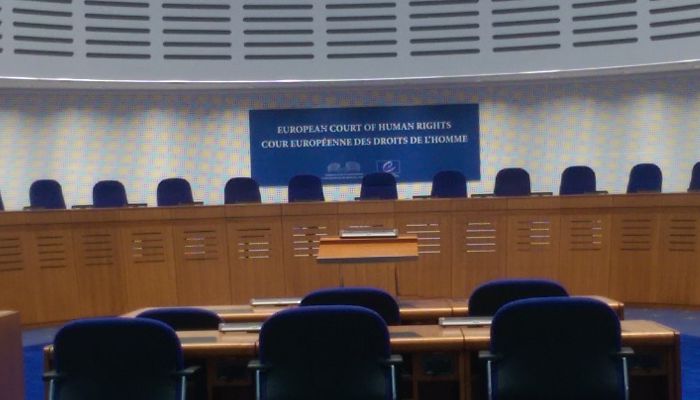The European Court of Human Rights (ECtHR) ruled on Tuesday that Turkey violated the European Convention on Human Rights by detaining 82 judges and prosecutors after a failed 2016 coup against President Recep Tayyip Erdoğan, holding that Turkey is to pay each applicant 5,000 euros in non-pecuniary damages.
The ECtHR ruled in the case of Güngör and Others v. Türkiye that the suspicion which formed the basis for the 82 applicants’ pretrial detention was not reasonable, pointing out that the evidence in the applicants’ files did not justify the measure.
“The Court also notes that as regards some of the applicants, the Government have referred to the existence of witness statements justifying the measures in question. It observes, however, that there are no statements in the case files referring to concrete and specific facts that may have given rise to a reasonable suspicion against the applicants concerned at the material time,” the ECtHR said.
With this ruling, along with the rulings in the cases of Turan and Others v. Türkiye, Acar and Others v. Türkiye, Ataman and Others v. Türkiye, Bayram and Others v. Türkiye, Geleş and Others v. Türkiye, Ulusoy and Others v. Türkiye, Sevinç and Others v. Türkiye and Moral and Others v. Türkiye the number of judges and prosecutors whose applications have been upheld by the ECtHR in their cases against Turkey has risen to 929.
Members of the Turkish judiciary had been arrested after the failed coup as part of a mass crackdown on the Gülen movement, inspired by Turkish cleric Fethullah Gülen, whom Erdoğan blames for the coup attempt. Gülen and the movement deny any involvement.
Following the abortive putsch, the Turkish government declared a state of emergency and carried out a massive purge of state institutions under the pretext of an anti-coup fight. More than 130,000 public servants, including 4,156 judges and prosecutors, as well as 29,444 members of the armed forces, were summarily removed from their jobs for alleged membership in or relationships with “terrorist organizations” by emergency decree-laws subject to neither judicial nor parliamentary scrutiny.

